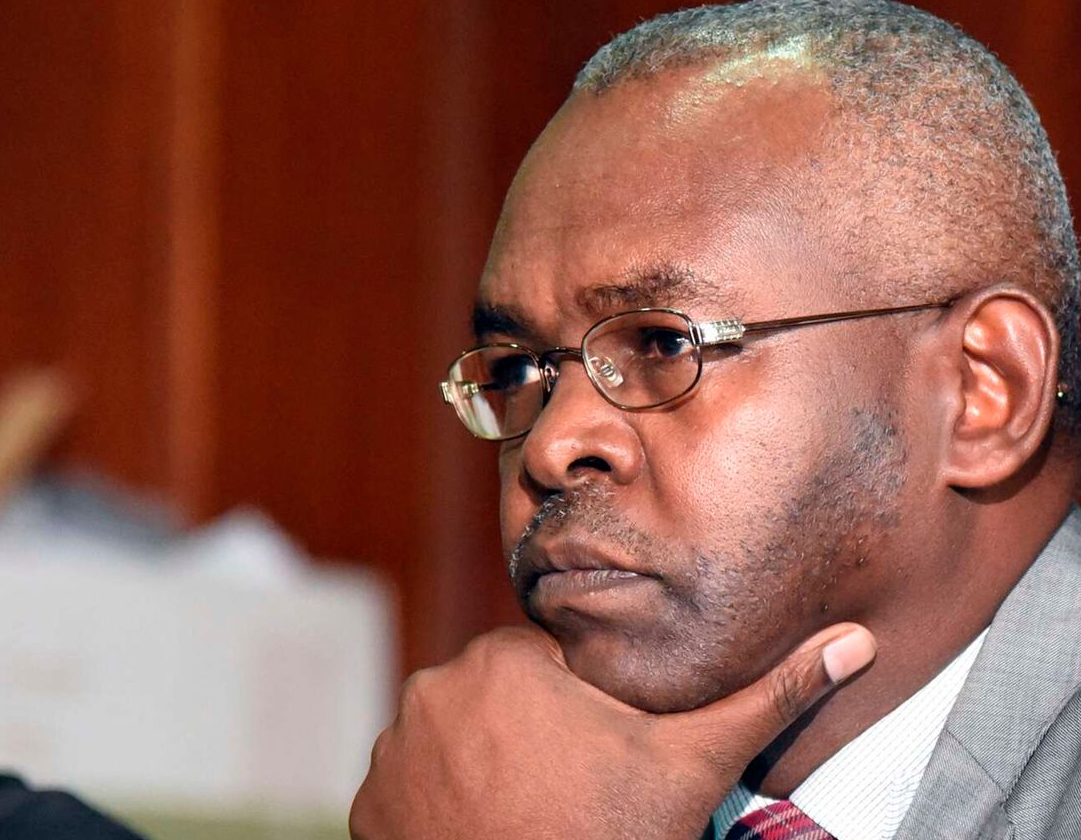There has been a steady rise in the number of Kenyan private universities over the past two decades, raising concern on whether they are out to offer quality education or just make some profit. Players in the higher education sector say demand for university education has been growing over the past decade, with increased transition from primary to colleges, which has stretched the available public institutions.
Even with more than 30 public universities and nearly the same number of private institutions of higher learning in Kenya, the demand for university education still outstrips supply. “We need to expand the level of opportunities in higher education for Kenyans,” says Prof Simon Gicharu, the chairman and founder of Mount Kenya University (MKU), arguably the leading private university in Kenya in terms of geographical presence and student population.
He says as more Kenyans get opportunities to study, against the background of free primary education, a subsidised secondary education and the push to have 100% transition from primary to secondary, more universities will be needed. “In future we are going to have more and more Kenyans qualifying for higher education and this is where private universities come in,” Prof Gicharu, who is also the chairman of the National Association of Private Universities in Kenya, said in Q&A published in Nation.
In their complementary role, private universities have transformed from specializing in particular courses to offer a full menu of training in various fields. “Many private universities have established their own niches in the scholarly world,” he noted.
For example, Daystar University is known for excellence in journalism and mass communication, Strathmore is renowned for business while USIU is reputed for international relations. Even public universities operate the same model with JKUAT having a bias for technology, Kenyatta University teaching as well as Moi University, among others.
“If you look at the variety of courses on offer in private universities, you will see that most of them have invested heavily in medicine, engineering, architecture and agriculture,” Prof Gicharu says. “Private universities offer a rich variety of courses but have their own specialties for which they are known and respected.”
See Also >> KASNEB Ushers In a New Modern Style Of Training
On the perception that private universities are expensive, Prof Gicharu noted that secondary school education is, in fact, considerably more expensive. So in terms of business, private primary and secondary schools are, incidentally, more profitable that universities.
“Academies have higher returns because they charge between Ksh200,000 and Ksh300,000 in a year while universities charge around Ksh70, 000,” he says. “I can’t speak for my members on why they chose to go for universities but I know most of them are passionate educationists who started off with other private primary, secondary schools or colleges and then naturally expanded to higher education. Many investors will tell you that they are driven by passion to expand access to higher education.”
prevailing economic slowdown has forced private universities to go slow on satellite campuses.
He says globally some of the most prestigious universities are private and what is needed is for both public and private institutions to be innovative to ensure student gets quality education. While many private universities have been expanding their geographical presence, Prof Gicharu says the prevailing economic slowdown has forced them to go slow on satellite campuses.
“Expansion is informed by the demand. When demand was high, we (MKU) opened up campuses in major town,” he says. “When the demand dwindled, we converted some of our campuses into TVETs and ODEL (open distance and e-learning) centres. We also segregated a few into specialised centres of excellence.”












Leave a comment